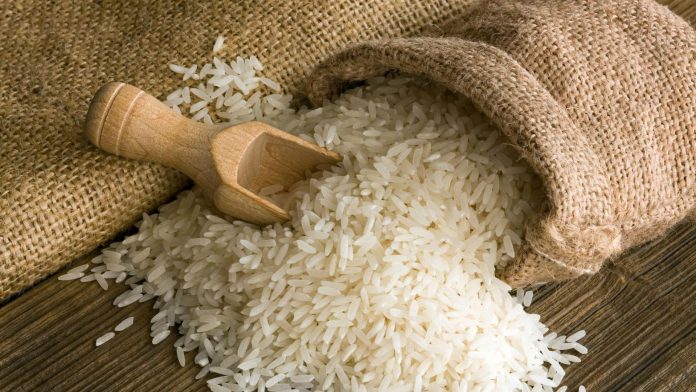Apart from falling textile exports textile, rice exports are also expected to record a reduction of around 30 percent this year as the non-competitive product loses its international market. Producing comparatively competitive rice, India is fast capturing Pakistan’s traditional market for rice in Arab countries.
According to rice exporters, the cheaper supply from India has made Pakistan’s rice highly uncompetitive in Gulf countries resulting in an overall sharp decline in exports of rice from Pakistan.
Talking to Pakistan Today, a leading exporter and active member of Rice Exporters Association of Pakistan (REAP), Nasir Ilyas, said that the rice exporters attending the Gulfood, the world’s largest annual food event held in Dubai, were highly dejected at seeing their products losing out to Indian products.
“Indian firms at the exhibition are getting import orders from Middle Eastern countries which were once the market of Pakistani Basmati rice,” he said. “Since India produces the same quality and varieties of rice at cheaper prices, Pakistan cannot compete with them in the international market,” he added.
Ilyas, whose firm is also participating in the mega event, said that high costs of production, lack of research development, and negligence on the part of government are the main reasons behind the declining trend in export of rice after textile. Rice was the second major export item after textile to support overall exports. “I have been attending the mega event in Dubai for the last six years. India usually reduces the prices of its rice ahead of Gulfood in order to grab more import orders,” he said.
The present state of approach on the part of government makes it difficult for the country to stay competitive in international rice markets. Rice contributes to 9 percent of the national export proceed and 3.1 percent to the agricultural GDP of Pakistan.
According to rice exporters, the main reason for the unending slide in Pakistan’s basmati exports is the gradual erosion of competitiveness and the failure to adapt the product with evolving international market dynamics in a zero-sum competition with only one other basmati producing country, namely India.
During the last 20 years, India has seized the basmati market from Pakistan owing to its lead in the development of basmati varieties and improvement in processing technologies, especially parboiling.
Pakistan’s traditional customers of rice are African and Middle Eastern countries. The country produced seven million tons in 2014/15 compared to nearly 6.1 million tons in the preceding fiscal year. Given ample supplies, it was easy for India and other Southeast Asian countries to sell at a price that was lower than shipments from Pakistan.
Pakistan’s various varieties of rice were quoted from $950-1,100 per ton in the international market, while Indian varieties of basmati rice, were priced at around at $720-850 per ton.
Apart from the cheaper Indian rice, world rice prices have taken a hit because of bumper crops in Thailand and Vietnam this year, which will make it difficult for several countries, including Pakistan to export some of its burdensome stock.
























